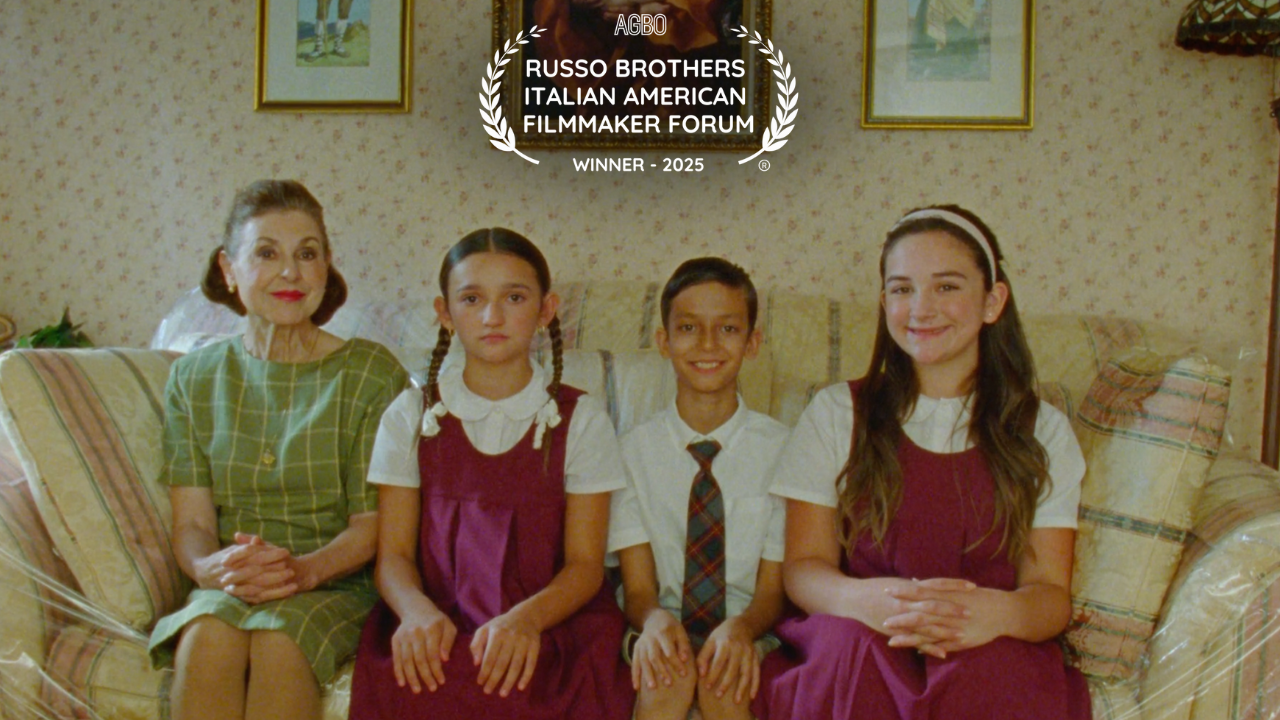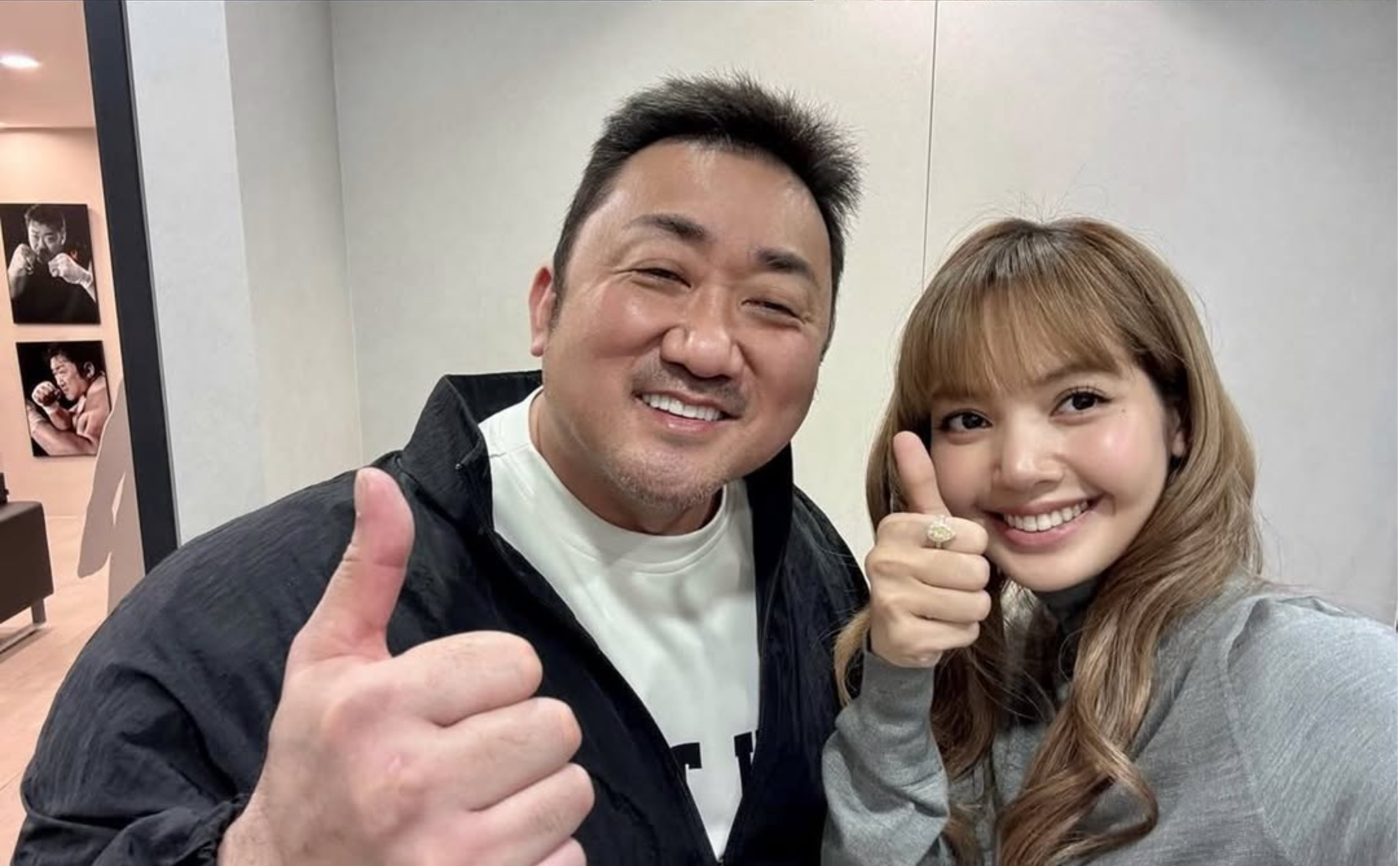🍕🎥 Pizza Film School: 5 things we learned from Justin Lin about passion and ambition in filmmaking

By: AGBO Staff
The Russo Brothers designed Pizza Film School for people who dream about going to film school but aren’t actually going to film school. So, it’s only fitting that they sat down with director Justin Lin, their business partner in the newly announced Magnetic Field commercial production company, and one of their dear friends from film school at UCLA. As a filmmaker, Lin has made tremendous waves in Hollywood, and is the name behind some major titles like the Fast and Furious franchise, and Star Trek and Beyond, not to mention the second season of HBO’s hit series True Detective. In this two-part conversation, the Russo Brothers discuss Lin’s first film, Better Luck Tomorrow, the story of a morally-corrupt group of Asian-American friends in Orange County, California – a dark twist on a highschool drama that the late Roger Ebert said was “not just a thriller, not just a social commentary, not just a comedy or a romance, but all of those in a clearly seen, brilliantly made film.”
Born in Taipei and raised in California, Justin’s passion for filmmaking blossomed when he was a film student at UCLA, a program which he says gave its students the latitude to carve their own independent path in film. It was in film school that the Russos observed, for the first time, that Justin had an incredible eye for cinematography and an undeniable passion for filmmaking.
The Russo Brothers sat down (virtually) and chatted with Justin over a slice of pizza from Oste. Here are five pieces of valuable advice from Justin Lin for any storyteller, no matter where they are in their career.
Watch Justin Lin on the Pizza Film School only the AGBOVERSE.
Once you find a story you love, apply your unique lens to it.
[The story behind] Better Luck Tomorrow was something that happened not far from where I grew up in Fullerton, CA. It was the Sunny Hills murder. It happened when I was in college and it was this big story. My friend Ernesto [Foronda], who I went to film school with, grew up in Orange County, too. We would talk about it and he was doing some research. After talking about it for a bit I felt, ‘Wow, this is something that I haven't seen.’ What really intrigued me was the idea of exploring the issue of identity, but through an Asian American lens. It became very clear that that had to be the story.
To excite others, articulate your vision clearly.
Whether you’re working on indie TV or a feature, there is a point of initiation in any conversation with crew and cast. You want to have something to say, you know? That is always the litmus test. When I get excited, I have to articulate that excitement to somebody. Then, when they get excited, then it gets me more excited. There have been moments when I can’t even get excited, then I know I need to walk away because I’m doing it for the wrong reasons.
Once you’re ready to make your film, go all in and don’t give up.
As filmmakers, we have to possess an irrational confidence. It’s a balance of being able to say, ‘I’m gonna do it no matter what,’ but at the same time, you have to be able to check yourself. On Better Luck Tomorrow, I was at that point. I had gone to undergrad, I went to grad school, and I felt I was ready. It’s so crucial to be able to check yourself too: To be able to say, ‘Hey, I put in the work.’ With Better Luck Tomorrow, I felt I’ve done all these things, I gett this one shot, I’m gonna try it for it. I felt like this might be the only film that I make in my life, and that’s okay. I had to learn the business side, how to get financed—not only by taking out 10 credit cards, but starting an LLC. I didn’t know how to do any of that, I had to teach myself and then go to talk to this entertainment lawyer [and] set up all these things.
Weed out the people who want to work with you for the wrong reasons.
Before I started filming, I had auditions at the sound stage at UCLA, and I would do improvs. It weeded out all the people that wanted to do it for the wrong reasons. I remember actors would come in and like, they would gimme a hard time and say they don’t do improv. And I said, ‘It’s okay. You don't have to do it. You can go home.’ Looking back now, I see that it really weeded out all the B.S. It was probably one of the most important decisions I made, was to make sure that no matter what, we all have to kind of get to know each other through the process so that, you know, we can hopefully make the best film possible.
Relax, enjoy the process, and always keep learning.
I look back now, and I think, ‘Oh shit, I was so stressed out over this and that.’ And in the end, it’s all good, man. Just relax. If I knew that, I probably would’ve saved myself 10 years of my life. Now that I’m older, there are just certain things that when I look at it, I just know [aren’t] right. And those are nice moments to have because it feels great. I’m still growing. Hopefully, I’m a better filmmaker today than I was yesterday.
Get more filmmaking insights by subscribing to the AGBOVERSE community.
.jpg)
Hello from the Russo Brothers!
We make content for fans, and here on AGBOVERSE we are giving you an exclusive behind the scenes look at our content. Sign up now to make sure you don’t miss a thing!

.png)



.png)

.png)
.svg)

.svg)
.svg)